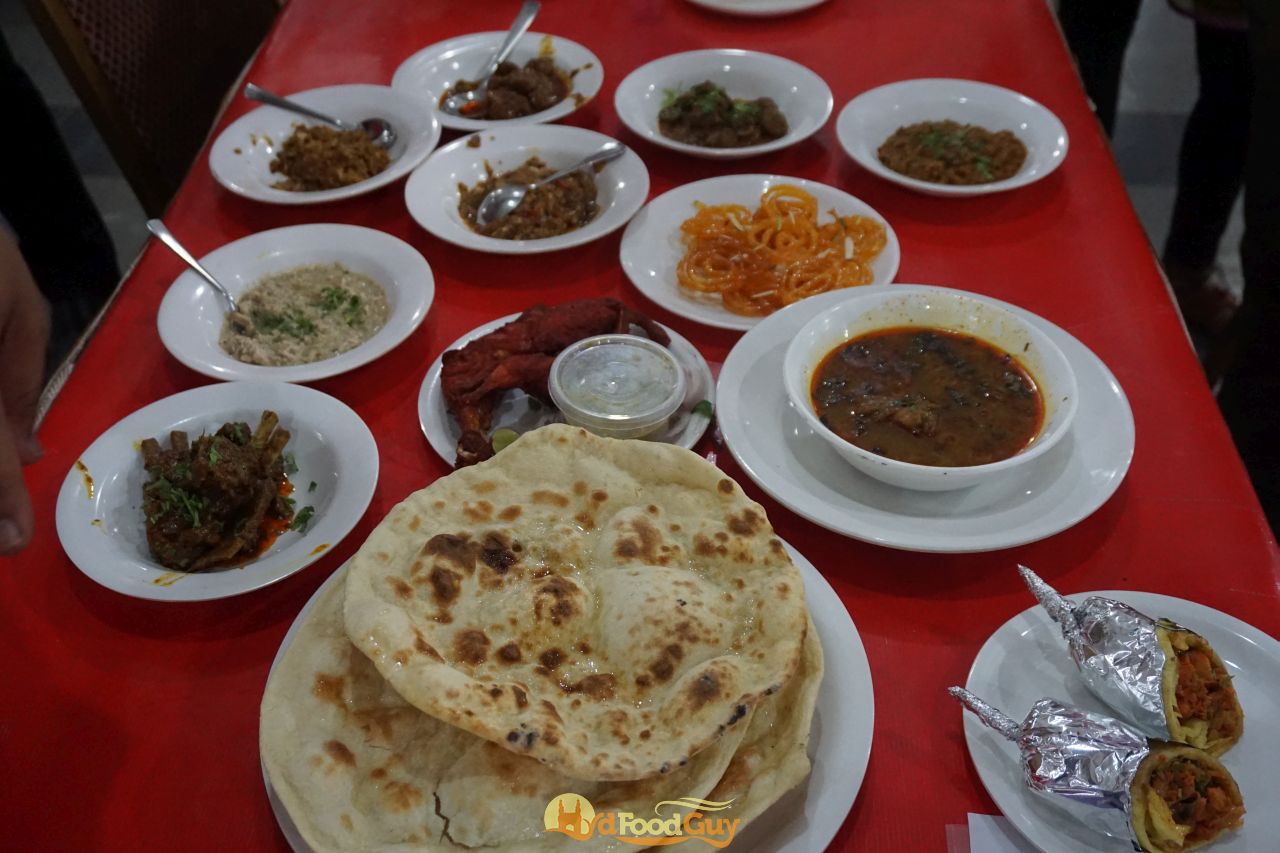Chef Garima Arora, whose Modern Indian restaurant Gaa in Bangkok was awarded a Michelin Star in 2019, was in Hyderabad last week. She wasn’t here to curate an extended tasting menu at a luxurious venue for the who’s who of the city. Instead, she spent her time traveling into the hinterlands, meeting people, and understanding little known facets of the cuisines of the region. She was here for the second chapter of ‘Urban Adda’ by ‘Food Forward India’, a non-profit aimed at breaking stereotypes about Indian food and charting a new course for the future of Indian cuisine.
The Culinary Lounge in Hyderabad played host to a fascinating four-hour long introspection of Indian cuisine. The Urban Adda began with a brief forward by Chef Garima. Garima said, “I find throughout the world that Indian food is extremely misunderstood and under-appreciated and it is time we take responsibility to change that”.
“Indian cuisine is full of ancient recipes, techniques and food philosophies that are extremely relevant to the modern cook anywhere. With Food Forward India we hope to create a platform for the brightest minds of the industry to bring back a sense of curiosity and a more intelligent outlook on Indian food. I hope together we can brainstorm into its future, think how to preserve it more thoughtfully and shape it more consciously.”
Garima Arora
The first session was a live cooking demonstration and talk by Aparna Pallavi, a journalist turned wild food advocate, who spent two years traveling through tribal populations in 11 states. The subject of the talk was ‘Mahua’. Being from Asansol, I grew up knowing Mahua through poems and stories. Yet, I didn’t get to taste it until I visited Mineority by Saby, a restaurant in Pune devoted to the coal-belt of Jharkhand, Bihar, and Bengal. A tree that used to be worshipped by many cultures has disappeared from the collective consciousness of most people.




Aparna explained that Mahua played a crucial role in tribal life. During the month of March, Mahua flower rains down from the tree. This is gathered, dried, and stored for use through the year, and especially during the monsoon. According to Adivasis, Mahua builds immunity and helps in staying healthy through the damp, rainy months. The seed of the Mahua tree can also be crushed for oil that’s used for lighting lamps. Very few in the gathering knew what is Mahua, and even those that did mostly knew of it as a liquor. However, it’s a versatile ingredient. During her travels, Aparna collated 35 different recipes. At the Urban Adda, she prepared Kudmul, a whole-wheat poori stuffed with Mahua that’s prepared in rural Telangana. Chef Garima praised Mahua for lending a delicate floral and herbal essence even when used in fried dough.
In spite of the rich history and the myriad of utilities, Mahua is fast disappearing. The successive Green Revolutions ensured food self-sufficiency and promoted rice. This has pushed most tribal communities away from Mahua. It’s an ingredient that takes little effort to collect but a lot of effort to process and cook. For example, a Mahua khichdi recipe collected by Aparna Pallavi had a prep time of two days. Mahua is also disappearing because of vilification and shame. The use as liquor has lent it a sitgma, and many also consider it to be food for the poor. A Mahua tree begins flowering at the age of 12, but needs twenty-five years to reach its full potential. Re-introducing Mahua to the wider community along with a perspective of the culture and traditions associated with it is key for conserving what we’ve left.
The Hyderabad chapter of Urban Adda was organised by Matylda, the Project Manager for FFI who’s based out of Bangkok, in association with Gopi Sikder, the man behind The Culinary lounge. The event brought together some of the finest culinary minds in the city – food writers, entrepreneurs, chefs, and more. It was both an opportunity to network and also a call to do more. The other presentations and sessions included pioneering work on Good Stoves by Dr. Sai Bhaskar Reddy, a discussion on empathy and inclusiveness with Ananth Nayaran who heads Relationship and Social Impact for Dialogue in the Dark, an exploration of the work being done at Indian Institute of Millet Research, and Chef Amey Marathe’s efforts to use wasted food into fuel. Check out the gallery embedded below for more from India’s second Urban Adda with Garima Arora.











